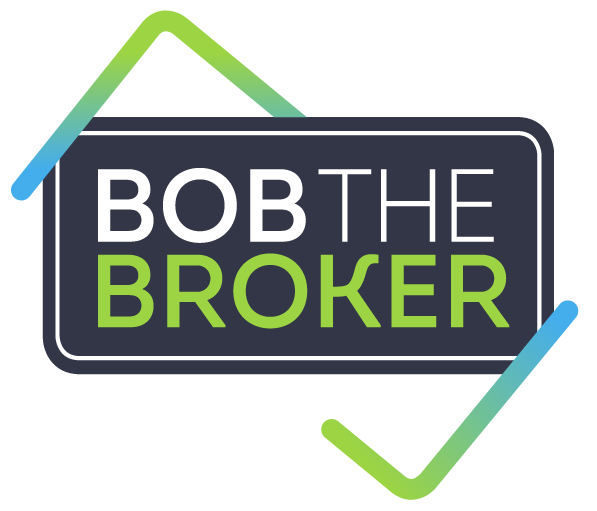Unlocking the Secrets to a Stellar Credit Score
Your credit score is a crucial financial indicator that lenders use to assess your creditworthiness. A healthy credit score can open doors to better loan terms, lower interest rates, and increased financial opportunities. To ensure your credit score remains in good shape, consider this checklist for a credit score health check.
1. Review your credit report
Obtain a copy of your credit report from a reputable credit reporting agency. Review it carefully to identify any errors, inaccuracies, or fraudulent activities. Dispute any incorrect information promptly to maintain the accuracy of your credit report.
2. Pay bills on time
Timely payment of bills is a significant factor in determining your credit score. Set up payment reminders, automate payments, or create a budgeting system to ensure you never miss a payment. Late payments can negatively impact your credit score, so prioritise prompt payment of all your financial obligations.
3. Manage credit card balances
Keep your credit card balances low and aim to repay the full balance each month. High credit card utilisation, or the ratio of your credit card balance to your credit limit, can negatively impact your credit score. Strive to keep your credit card utilisation below 30% to maintain a healthy credit score.
4. Limit credit applications
Be selective when applying for new credit. Each time you apply for credit, a hard inquiry is added to your credit report and can temporarily lower your credit score. Minimise unnecessary credit applications and only apply for credit when necessary.
5. Diversify your credit mix
Having a diverse mix of credit types can positively impact your credit score. Consider having a combination of credit cards, loans, and other forms of credit. However, only take on credit that you can manage responsibly and comfortably repay.
6. Lengthen your credit history
The length of your credit history is a factor considered in calculating your credit score. Aim to maintain older credit accounts, even if they have a zero balance. Closing old accounts can shorten your credit history and potentially lower your credit score.
7. Monitor your credit utilisation
Regularly review and manage your credit utilisation ratio. Ideally, keep your total outstanding balances well below your available credit limits. High credit utilisation can signal financial strain and may negatively impact your credit score. Remember to aim for that 30% or less credit card utilisation.
8. Utilise credit monitoring services
Consider subscribing to credit monitoring services that provide regular updates on your credit score and notify you of any significant changes or potential fraud. Being proactive and promptly addressing any issues that arise can help protect your credit score.
9. Avoid collections and delinquencies
Defaulting payments or having accounts sent to collections can significantly damage your credit score. Prioritise meeting your financial obligations and seek assistance if you’re experiencing financial difficulties to avoid negative marks on your credit report.
10. Seek professional guidance
If you’re facing credit challenges or want personalised support on improving your credit score, consult with a reputable credit counseling agency. They can provide guidance on debt management, credit repair strategies, and steps to improve your creditworthiness.
Maintaining a healthy credit score requires ongoing attention and responsible financial habits. By following this credit score health checklist, you can proactively manage your credit, protect your creditworthiness, and potentially open doors to better financial opportunities.
Remember, a healthy credit score is a valuable asset that can positively impact your financial well-being.
If you'd like help with assessing your personal and financial situation, as well as comparing the loans in the market to see if you're truly getting the right deal for you, then call Bob Malpass now at 0431 862 136, email [email protected] or send us a message via our website for a quick response.
Thanks for reading
Bob
Disclaimer
The advice provided on this website is general advice only. It has been prepared without taking into account your objectives, financial situation or needs. Before acting on this advice you should consider the appropriateness of the advice, having regard to your own objectives, financial situation and needs. If any products are detailed on this website, you should obtain a Product Disclosure Statement relating to the products and consider its contents before making any decisions. Where quoted, past performance is not indicative of future performance.
Malpass Finance Pty Ltd disclaim all and any guarantees, undertakings and warranties, expressed or implied, and shall not be liable for any loss or damage whatsoever (including human or computer error, negligent or otherwise, or incidental or consequential loss or damage) arising out of or in connection with any use or reliance on the information or advice on this site. The user must accept sole responsibility associated with the use of the material on this site, irrespective of the purpose for which such use or results are applied. The information on this website is no substitute for qualified financial advice.


